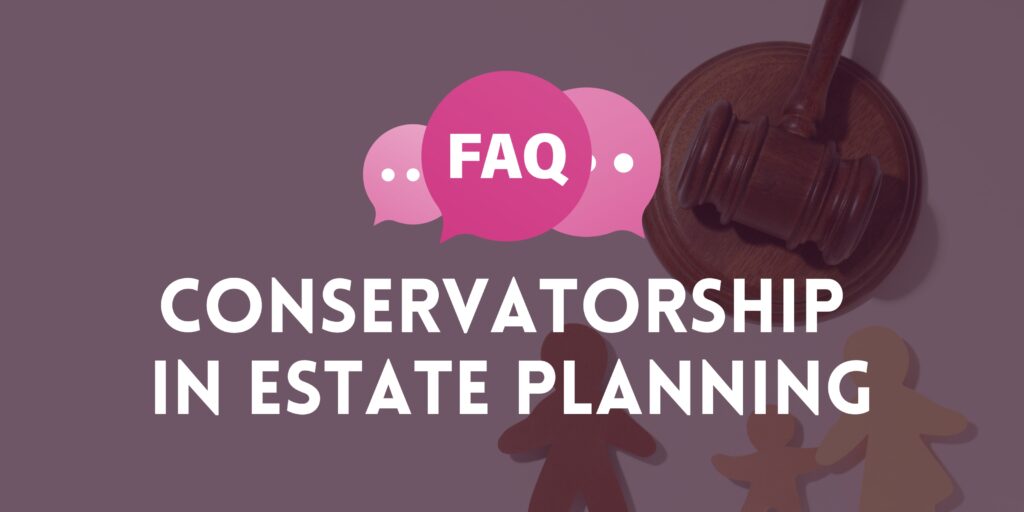
What is Conservatorship in Estate Planning?
Conservatorship is a legal process in which the court appoints a conservator to manage the financial and legal affairs of an individual who is unable to do so themselves. This person, known as the protected person, may have a clinically diagnosed condition that impairs their ability to make sound decisions regarding their property, assets, and finances. Conservatorship is often necessary when the individual does not have a Power of Attorney in place and is unable to manage their own affairs.
When is Conservatorship Appropriate?
Conservatorship is appropriate when a person is incapable of managing their property and business affairs due to conditions such as Alzheimer’s disease, dementia, or another form of cognitive decline. If the person does not have a durable Power of Attorney in place, the court may appoint a conservator to oversee their assets and ensure that their financial interests are protected. Without conservatorship, the individual’s property could be at risk of being wasted, mismanaged, or depleted.
What Responsibilities Does a Conservator Have?
A conservator is responsible for managing the financial and legal affairs of the protected person. This includes managing their assets, paying bills, handling investments, and ensuring that the person’s property is used for their benefit. In some cases, the conservator may also have the authority to make significant decisions, such as creating, revoking, or amending trusts or even making amendments to the protected person’s will. The conservator must always act in the best interests of the protected person and may need court approval for certain actions, such as making large gifts or spending the protected person’s estate.
How Does the Court Determine if Someone Needs a Conservator?
The court determines whether someone requires a conservator by reviewing medical evidence and testimony regarding the individual’s ability to manage their financial affairs. The court will look for signs of incapacity, such as an inability to make sound decisions or manage property effectively. If the court finds that the person is unable to manage their affairs due to a clinically diagnosed impairment, they will appoint a conservator to oversee the person’s financial and legal matters.
How is Conservatorship Different from Guardianship?
While both conservatorship and guardianship involve the appointment of someone to assist an incapacitated person, they serve different purposes. Guardianship focuses on personal care and medical decisions, while conservatorship is centered around financial and legal matters. One person can serve as both guardian and conservator, but separate petitions must be filed for each role, as the court treats these responsibilities independently.
Why is Hiring a Lawyer Important for Conservatorship?
Filing for conservatorship involves a complex legal process that requires extensive documentation, medical evidence, and court approval. Without proper legal guidance, many individuals struggle to successfully file for conservatorship, which can delay the process and result in unnecessary financial hardship for the protected person. An experienced attorney can help navigate the complexities of conservatorship, ensuring that the proper steps are followed and that the protected person’s financial well-being is secured.
If you need assistance with conservatorship for a loved one who can no longer manage their financial and legal affairs, our experienced attorneys can help.Contact us at 978-494-5036 to schedule a Strategic Planning Session. We’ll guide you through the complex process and ensure your loved one’s financial interests are protected.
